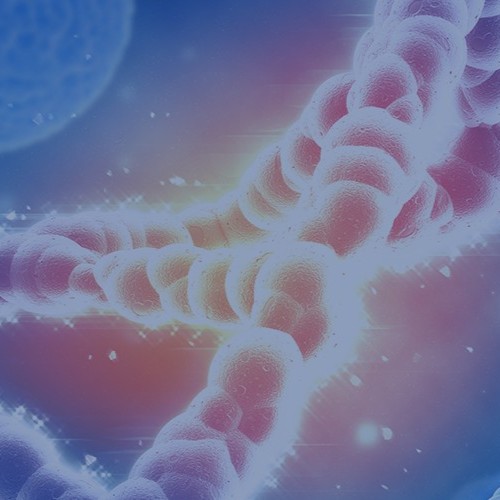T Cell Activation, after recognizing the antigen peptide and MHC complex structure, CD3 molecules (antigen-MHC receptor) transmit the information of antigen recognition to the cell, initiating the activation process within the cell.
This process mainly involves early signal transduction, gene activation and transcription, expression of new molecules on the cell surface, secretion of cytokines, and initiation of cell division and proliferation in the cell cycle, among a series of interconnected steps, leading T cells to differentiate into effector cells, hence exerting cellular immune responses.
Initially, the specificity of T cells that can recognize these antigen peptides is very limited when the body receives initial pathogenic microorganisms or other immune stimuli. However, due to the rapid cloning and proliferation of activated T cells, the number of specific cell clones can quickly increase. The expansion of T cell clones is mainly mediated by IL-2 produced by helper T cells. Resting T cells express low levels of IL-2, but after specific T cell recognition of antigens and activation, they express IL-2 abundantly. After T cell activation, various cytokines are produced and secreted, and various membrane surface molecules are expressed, demonstrating diverse biological effects and regulatory functions.















